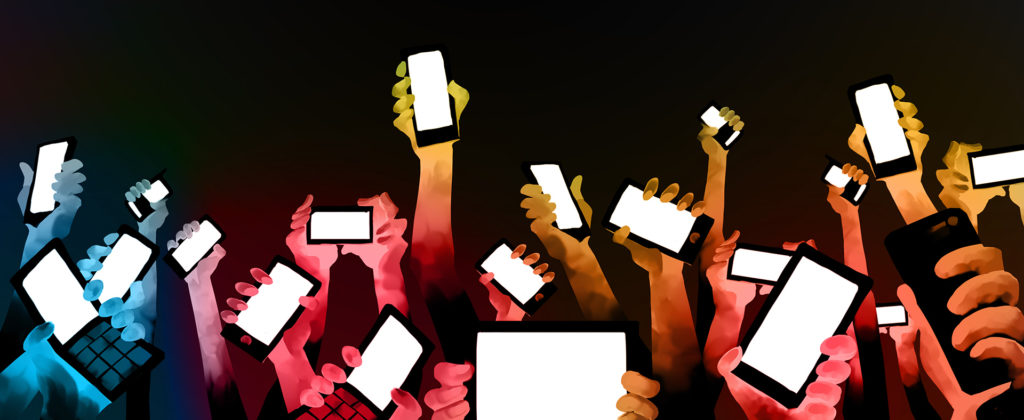Note: This piece is co-authored by Peter Micek and Christina Hioureas
Today, barring something unforeseen, we will witness Cameroon have yet another standard re-election of its president, who has maintained power for the past 35 years. The polls open against the backdrop of violent unrest in the Anglophone regions of Francophone-majority Cameroon.
At Access Now, we are urging the government against interference with internet access, and the global #KeepItOn coalition is working together to document any problems.
Context for the elections
While the roots of the conflict stretch to the colonial era, the conflict’s more immediate catalyst is the government’s response to the peaceful demonstrations of late 2016. In October and November of 2016, teachers, students, and lawyers held a series of peaceful protests opposing the recent government policies to replace English with French in the education and judiciary systems of the Anglophone South-west and North-west regions of the country. Rather than address the concerns, the government of Cameroon responded with police brutality, arbitrary detention, and torture. Security forces arrested hundreds of people, including journalists and activists, and killed at least 10 peaceful protesters between October 2016 and February 2017. Government authorities also banned civil society organizations, suspended the internet, and cut phone lines for half of 2017 in an attempt to silence civilians and sweep the government’s conduct under the rug.
But the unlawful conduct did not end there. The government banned demonstrations and gatherings of more than four people, and arrested and detained activists, as well as journalists and researchers, without charging or trying them. It is documented that the military forces have tortured two dozen minors to extract confessions, limited Anglophone civilians’ freedom of movement by imposing curfews, and closed regional land and sea borders.
The longest internet shutdown
The internet blackout from January to April 2017 also severely damaged the economy on a macro level, while defeating micro initiatives to improve people’s lives through STEM education for girls, treat malarial children, and keep families together. In response, the #KeepItOn Coalition fighting internet shutdowns mobilized civil society and private and public sector partners to prevent future disruptions, and intrepid lawyers — supported by Access Now and others — sued the government and telcos for violating constitutional rights.
Regrettably, armed separatist groups responded with violence toward the government, further escalating the conflict. Between September 2017 and May 2018, it is reported that these groups attacked security forces and killed at least 44 individuals.
Displaced and unregistered
As a result of these events, as of mid-June 2018, approximately 211,000 Cameroonians have been internally displaced, and more than 40,000 Cameroonians have fled to Nigeria as refugees, four-fifths of whom are women and children. Tens of thousands more may remain unregistered.
There are several signs that the crisis is worsening, especially in light of today’s elections. Since early 2017, the United Nations has been calling for dialogue and peaceful resolution of the crisis, and in part, the Cameroonian government seemed to oblige. In January 2017, for instance, it created the National Commission for the Promotion of Bilingualism and Multiculturalism to address the concerns of the Anglophone minority. But a resolution seems no closer than it was in October of 2016, while the death toll and human rights violations have continued to climb.
The international community must act
Since May 2017, reports of the Secretary-General to the U.N. Security Council on the situation in Central Africa and the activities of the United Nations Regional Office for Central Africa have included short blurbs about the crisis that did no justice in communicating the gravity and urgency of the situation. Calls from the U.N. Special Adviser on the Prevention of Genocide calling for an immediate independent investigation into the wave of killings in the Anglophobe region have been ignored.
This situation is worsened by the lack of action by the Security Council and, in particular, the lack of action by States which have a vested interest and strong diplomatic ties with Cameroon. The situation in Cameroon requires the immediate, sustained and coordinated attention of the international community.
As we watch the events unfold today and the weeks to come, we will continue to advocate for unfettered use of the internet across Cameroon, for dialogue, and for States across the globe to wake up to what is happening and take action to help.
